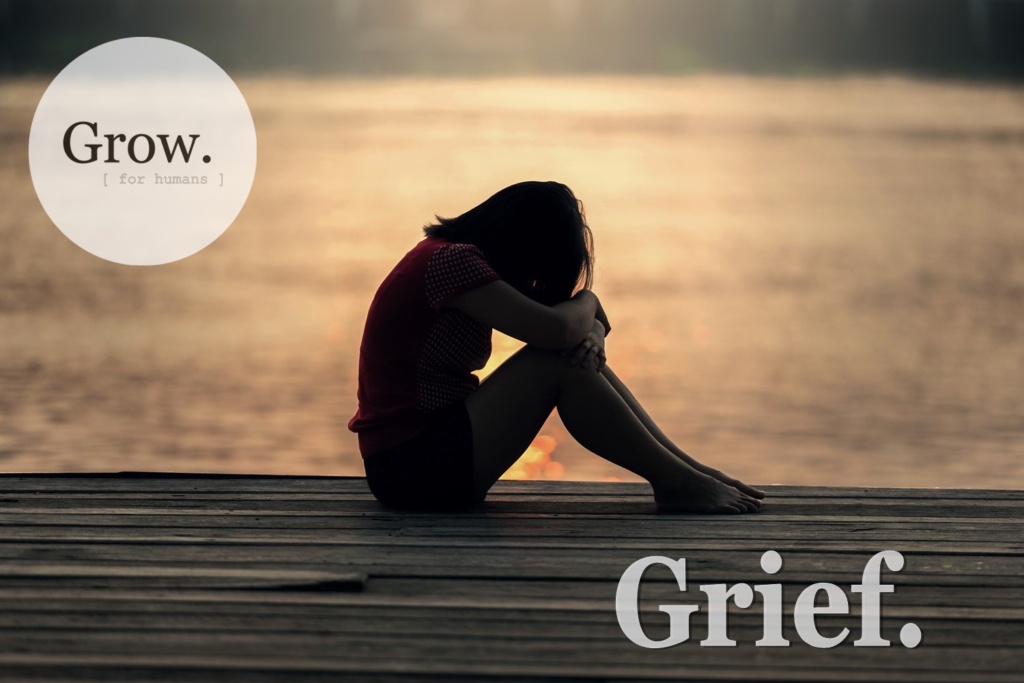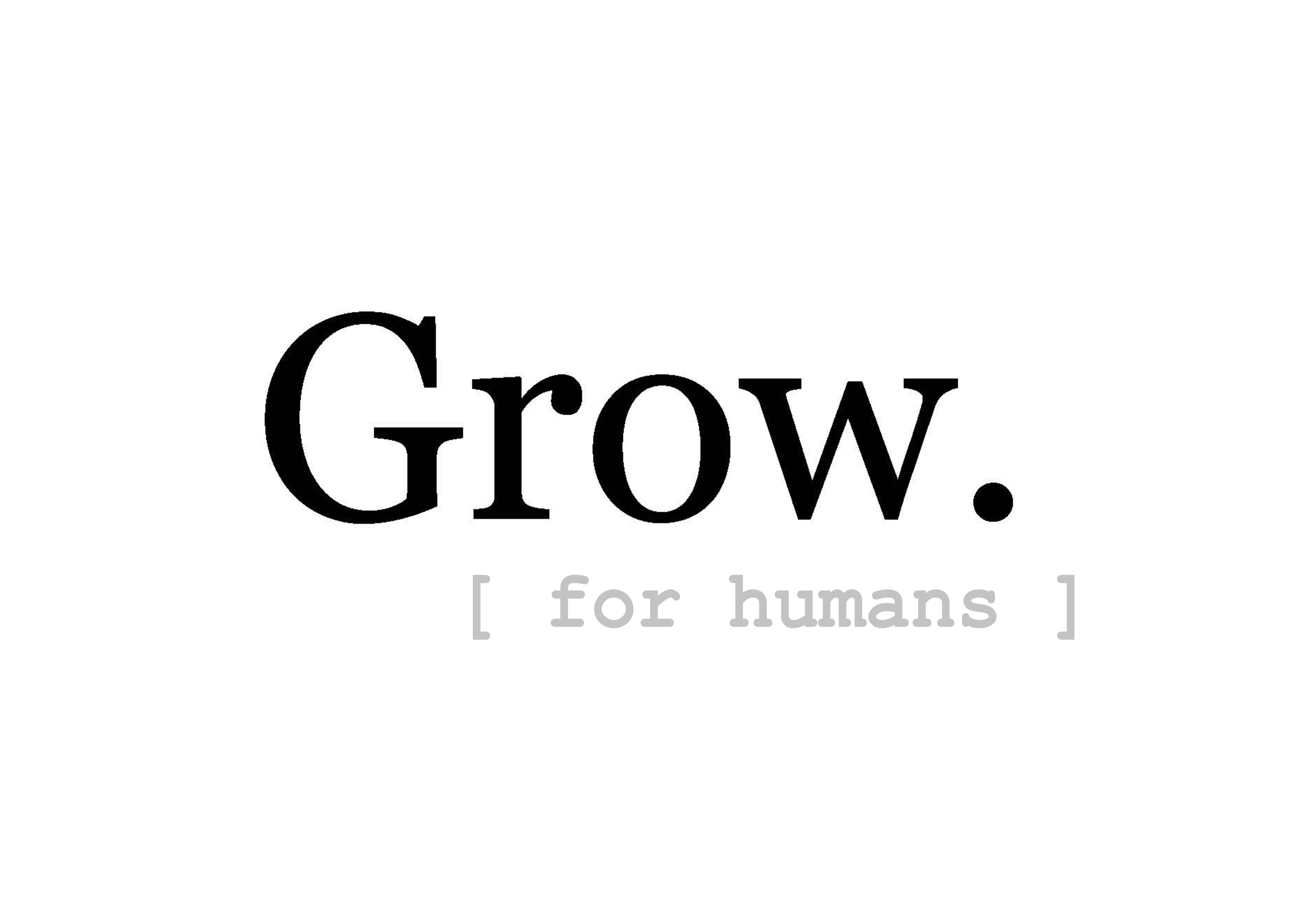
Why the hell would I want to?
It sounds quite masochisic doesn’t it? Connecting with such ‘negative’ feelings runs in the face of most messages we are given in this society. But bare with me on this. Just entertain the possibility that grief, sorrow and sadness are not ‘bad’, ‘wrong’ or even ‘difficult’ at all, but that we have been conditioned into believing that they are since birth. Let’s face it: most of us have been told to stop crying growing up: shamed out of doing so by kids at school. Because our society doesn’t do well with grief, our parents didn’t do well with grief, which means that they struggled to see it in us when we were children. They responded in ways which gave us signals that grief was not acceptable, or something to be afraid of.

Grief is the Pathway to an Open Heart.
Rumi said: “You have to keep on breaking your heart until it opens” – never a truer word has been said. When we repress our grief, sorrow and sadness, we repress our joy, happiness and capacity to love and build meaningful relationships with other people. Why? Grief is the physical manifestation of compassion. I cry when I notice how I suffer, or when I notice how someone else suffers. It is the active recognition of suffering and our compassionate , kind and caring response. If we don’t notice how we all suffer sometimes, how can we do anything about it? If we numb our grief, and trust me when I say that there is a lot of that going on right now (addictions to food, shopping, mobile phones, alcohol, etc), then we end up living meaningless, shallow, dull, grey, boring, mediocre lives. Who wants that, right?

How can I start to Connect with Grief, Sorrow and Sadness?
To begin with, you might think that you are not carrying any. It might feel impossible or pointless, but bare with it. Feelings are called ‘feelings’ because they are felt, meaning that they hang out in the body. In order to connect with your grief, you need to start to listen to your body: pay attention to it. I have found that grief is usually to be found in our heart area. Try focusing your attention there on a daily basis in a silent, quiet place. Soften any tension you find. Wait in stillness. Every time your mind trys to pull you away from the body, gently and patiently return your attention to your heart. The grief will probably surface. You might not know what it’s about, but let it express itself. Over time, grief will stop being an embarrassing or fearful relative that we banish to a far away land. It will become a trusted ally: a partner who can help us to open into sensitivity and vulnerability. Good luck! And remember: if you struggle along the way, you could always contact us to arrange some counselling.
Below is a video where I go into this topic:

